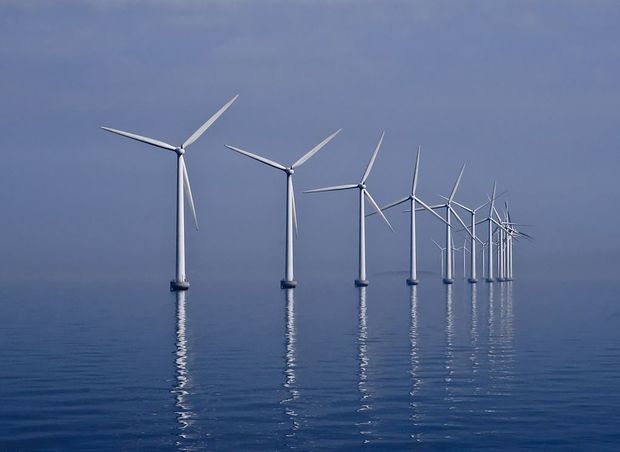Russia to be biggest winner in case of climate change
The U.S. new president seems to be persistent in his intention to switch the state's energy policy to traditional fuels. If other countries follow his pattern, global warming may gain momentum. Trump is willing to help his country's energy industry, but climate change may benefit Russia even more.
According to Bloomberg, president-elect Donald Trump is going to withdraw the United States from the Paris agreement, which is aimed at limiting fossil fuel use. He has also promised to revive the country's coal industry and to bring back mining jobs. If other countries follow this policy and shift away from alternative energy and carbon reduction, it will be a serious retreat in the war on climate change.
Oil, coal and gas industries and coal-burning companies all over the world would benefit from such setback. But the biggest winner probably would be Russia, considers a Bloomberg View columnist Noah Smith. Oil and gas comprise the majority of the Russian export and bring about 50% of budget revenue. Thus, a permanent shift away from fossil fuels is dangerous to Russian economy as it would cause a crash in oil, gas and coal prices.
In recent years, solar energy has been getting steadily cheaper. The main obstacle to its further spreading is battery technology. If the solar energy could be easily accumulated for transportation and night use, it would displace fossil fuels. Currently, the U.S. government is using subsidies and research funding to advance the storage technology. However, under Trump's administration America will probably turn away from the fight against global warming. Furthermore, Europe can follow the U.S. lead in order to keep a competitive advantage for its companies. Russia exports most of its fossil fuels to Europe, so fewer carbon restrictions in that region would help secure Russia's main markets and keep Europe more economically dependent on its giant neighbour, believes Smith.

As for the risks of global warming, Russia is mostly insulated from them because of the country's geography and can even profit from the climate change. Researchers at Germany's Ludwig Maximilians University estimate that warming temperatures could add more than 3 million square kilometres to Russia's farmland. Besides, rising temperatures may open new year-round ports and navigation routes due to melt of arctic ice. Melting ice and frost will also open up new fossil fuel deposits for exploitation.
Of course, there are some risks for Russia as well, such as coastal flooding. Melting permafrost might cause a reconstruction of some existing infrastructure. But in general, Russia probably has more pros than cons of climate change, unlike other nations.